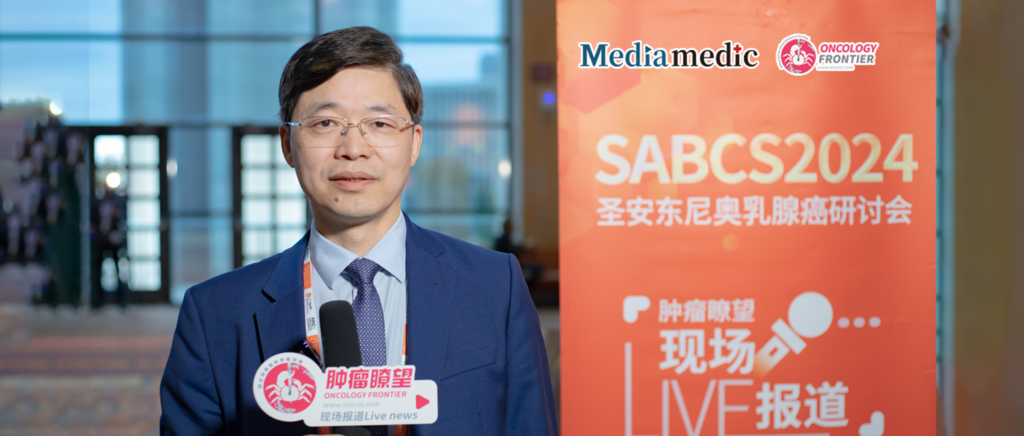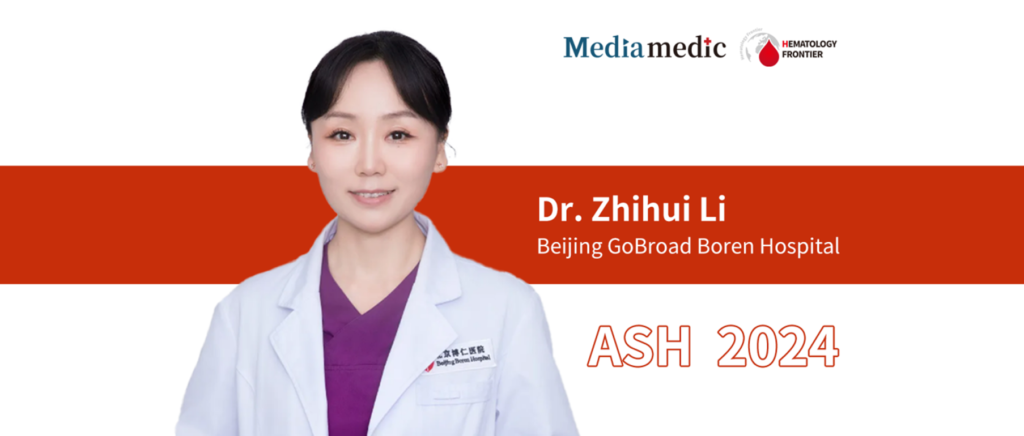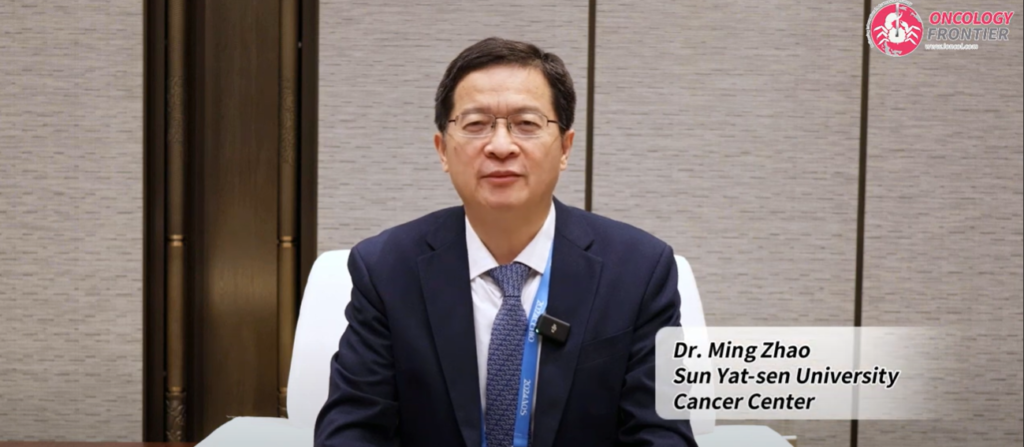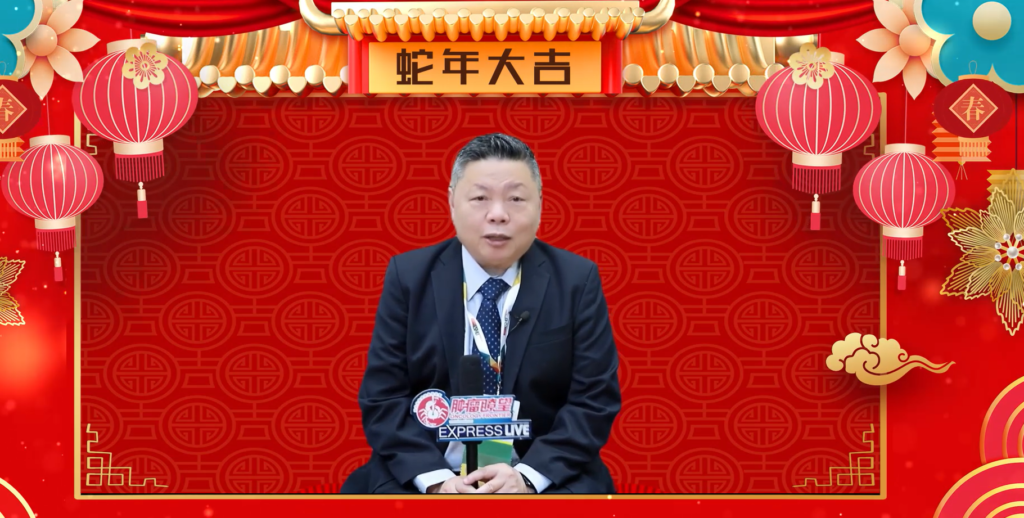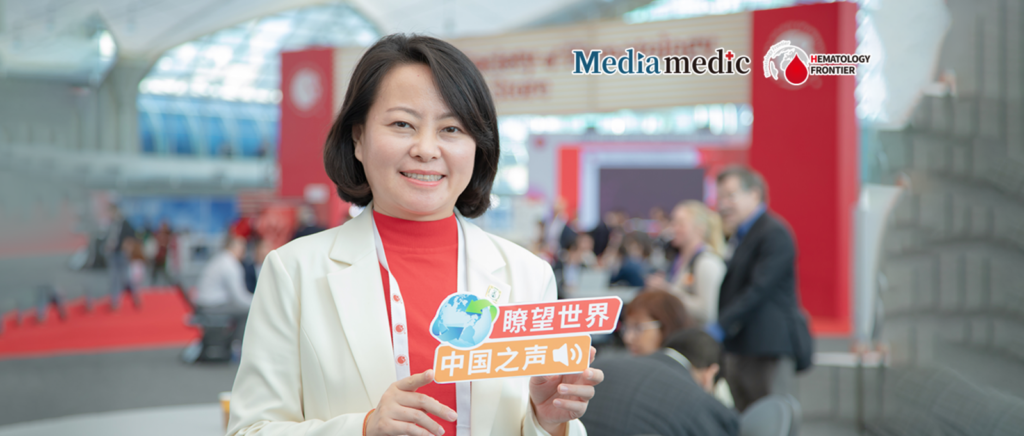The 66th Annual Meeting of the American Society of Hematology (ASH), held from December 7–10, 2024, in San Diego, USA, brought together global hematology experts to discuss the latest advancements in the field. Among the highlights was a poster presentation (P4196) by Dr. Ying Wang from the Institute of Hematology and Blood Diseases Hospital, Chinese Academy of Medical Sciences. This study explored the efficacy and safety of CD19 CAR-T therapy in adult patients with relapsed/refractory B-cell acute lymphoblastic leukemia (R/R B-ALL), demonstrating its potential to improve remission and survival rates. Hematology Frontier interviewed Professor Wang to analyze the study's key findings and the future prospects of CD19 CAR-T therapy.


